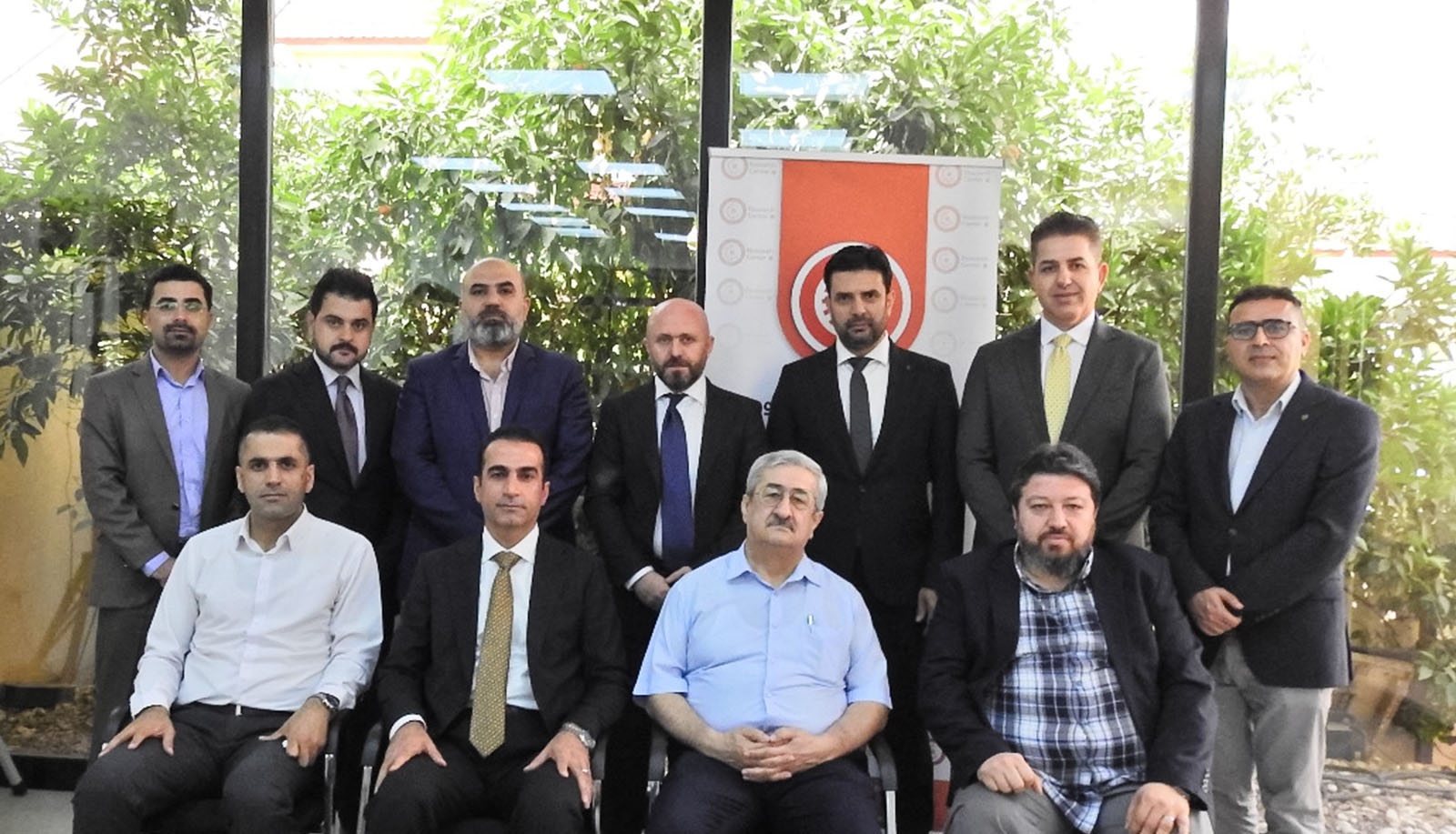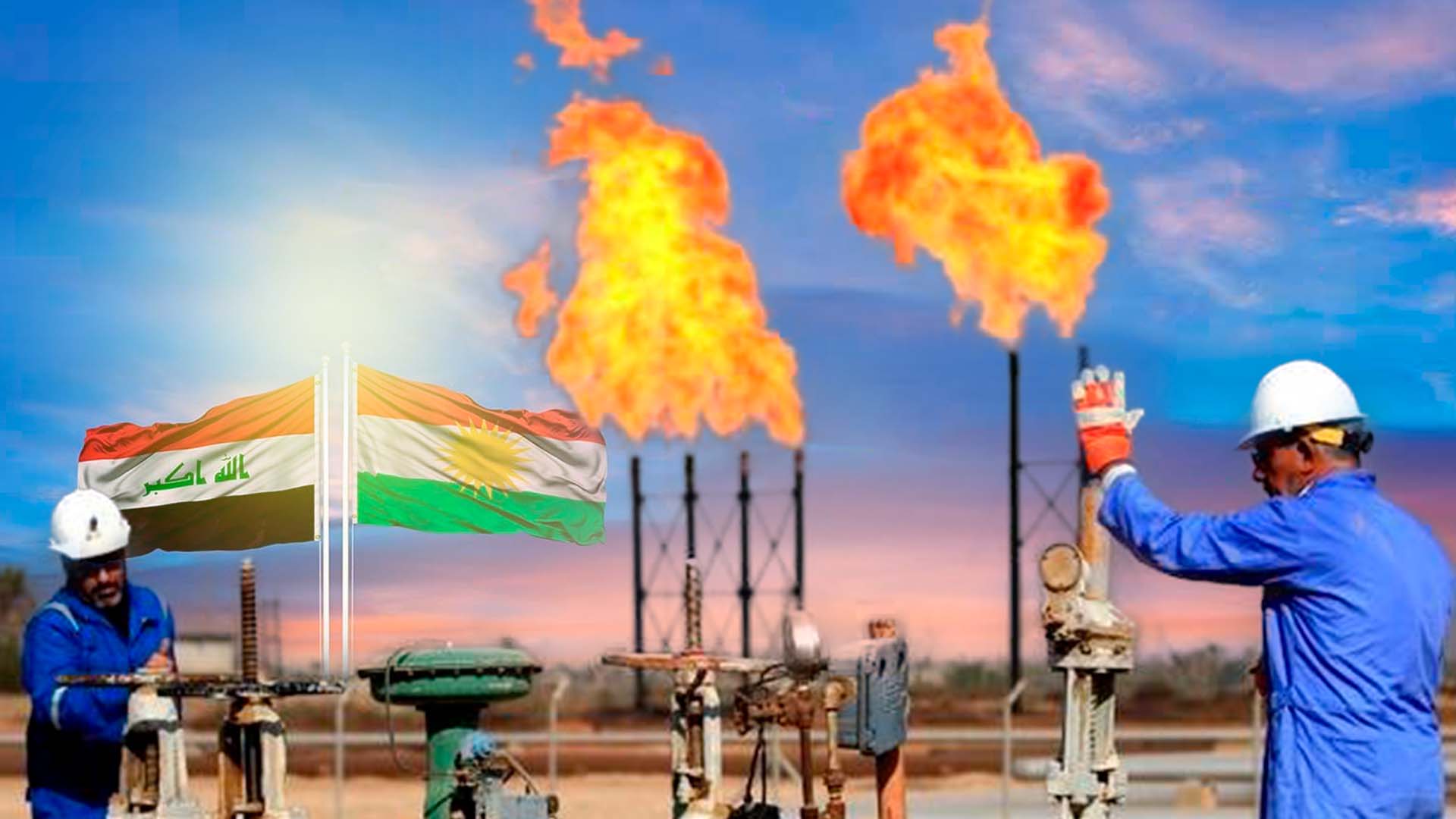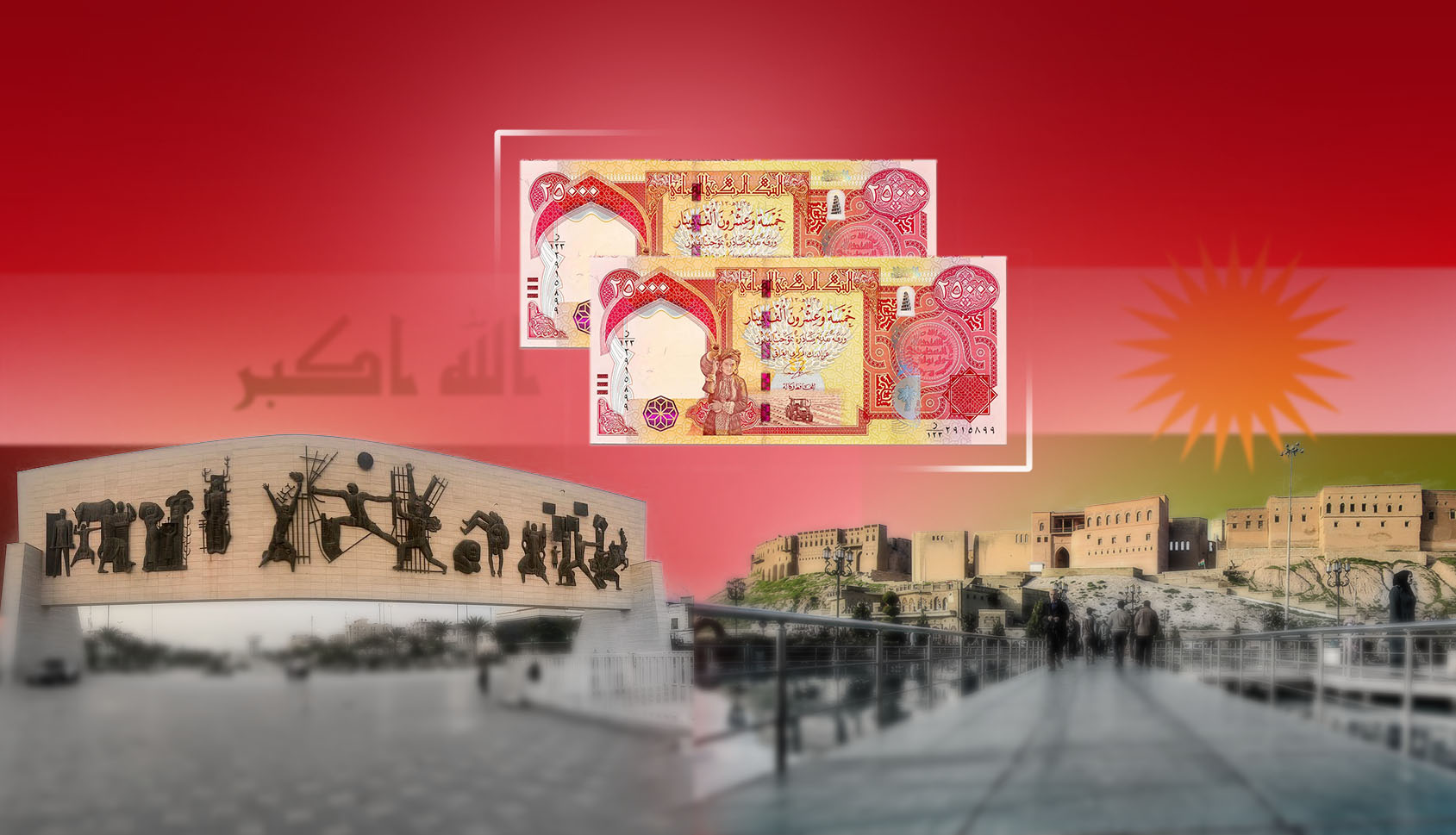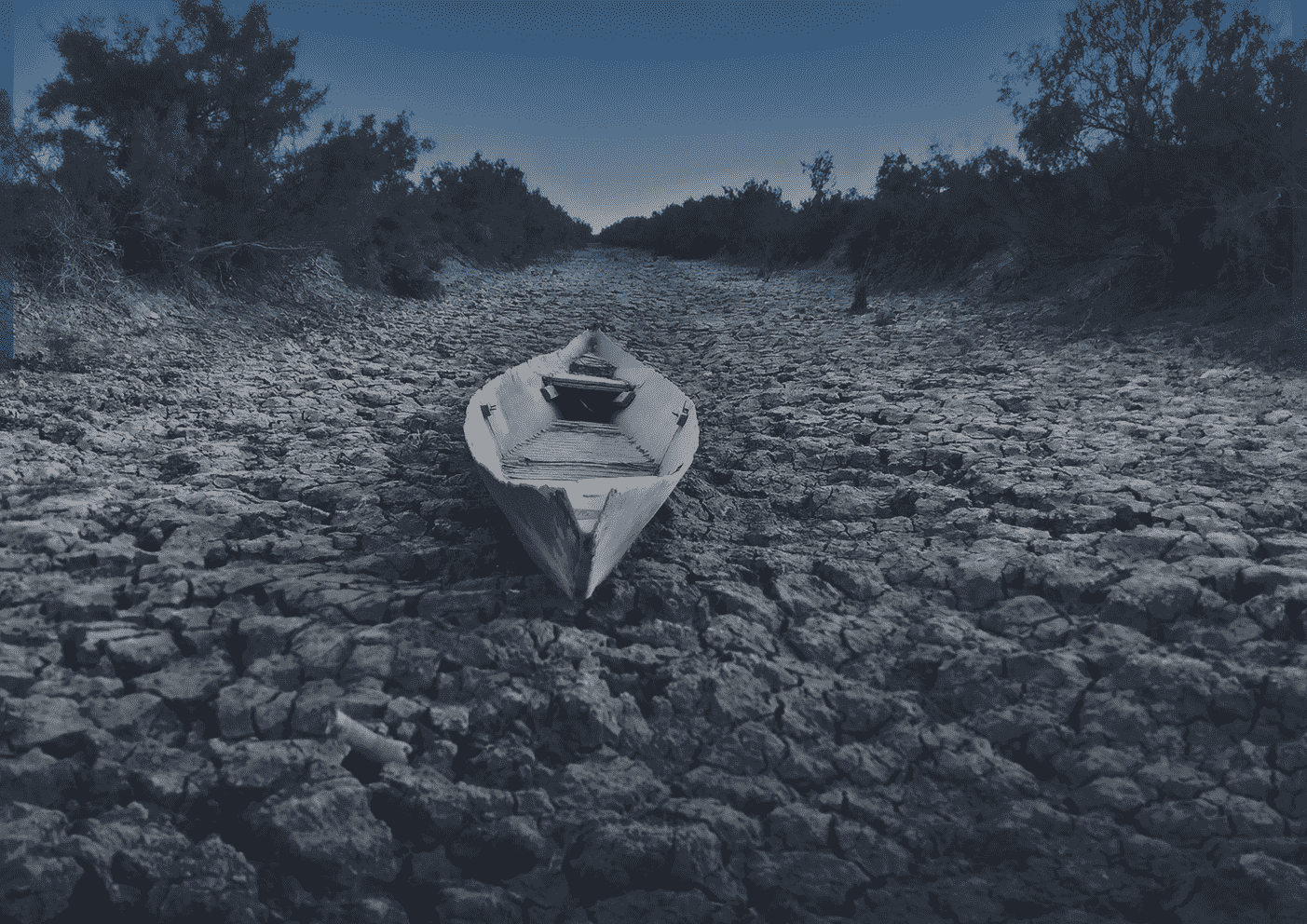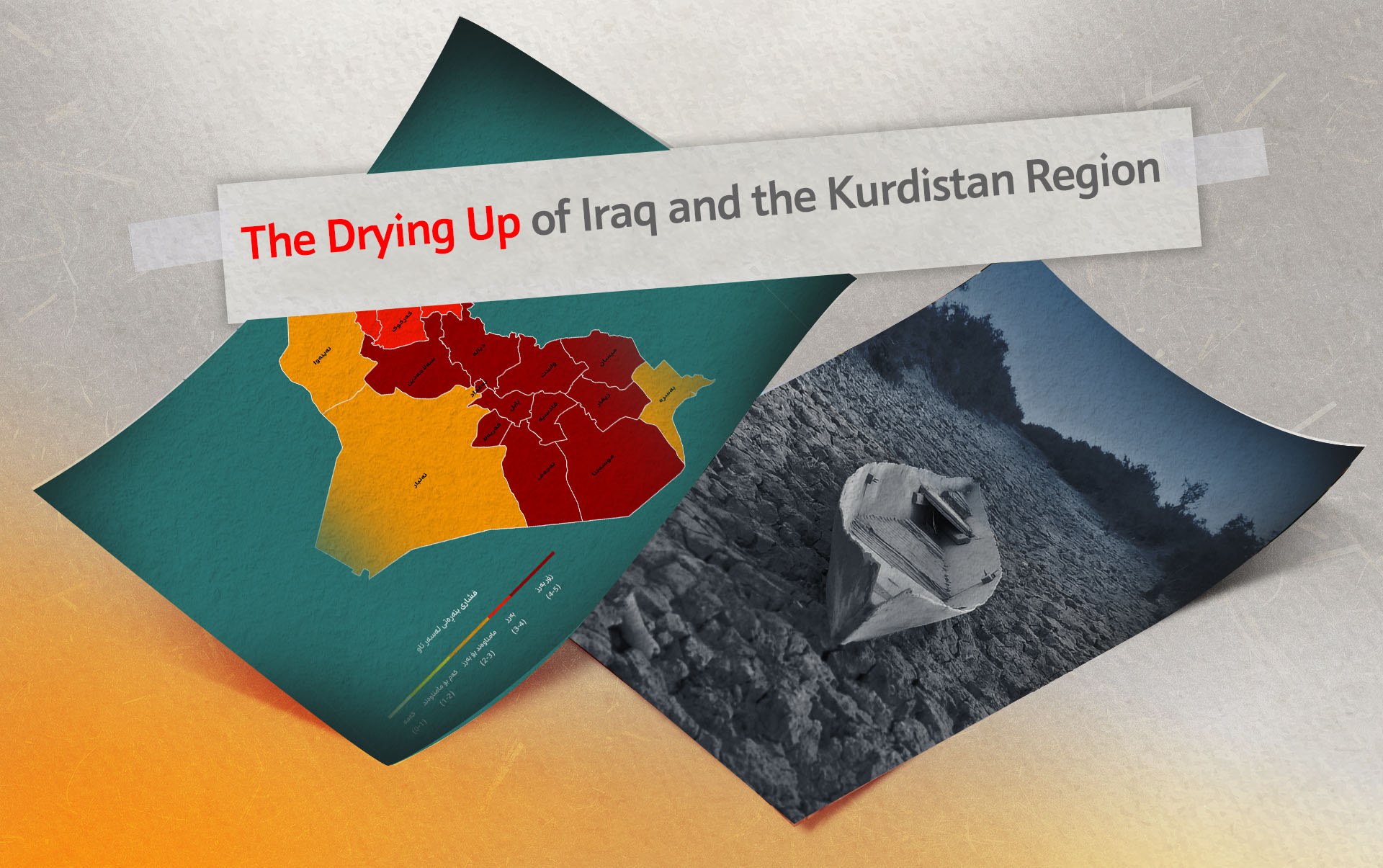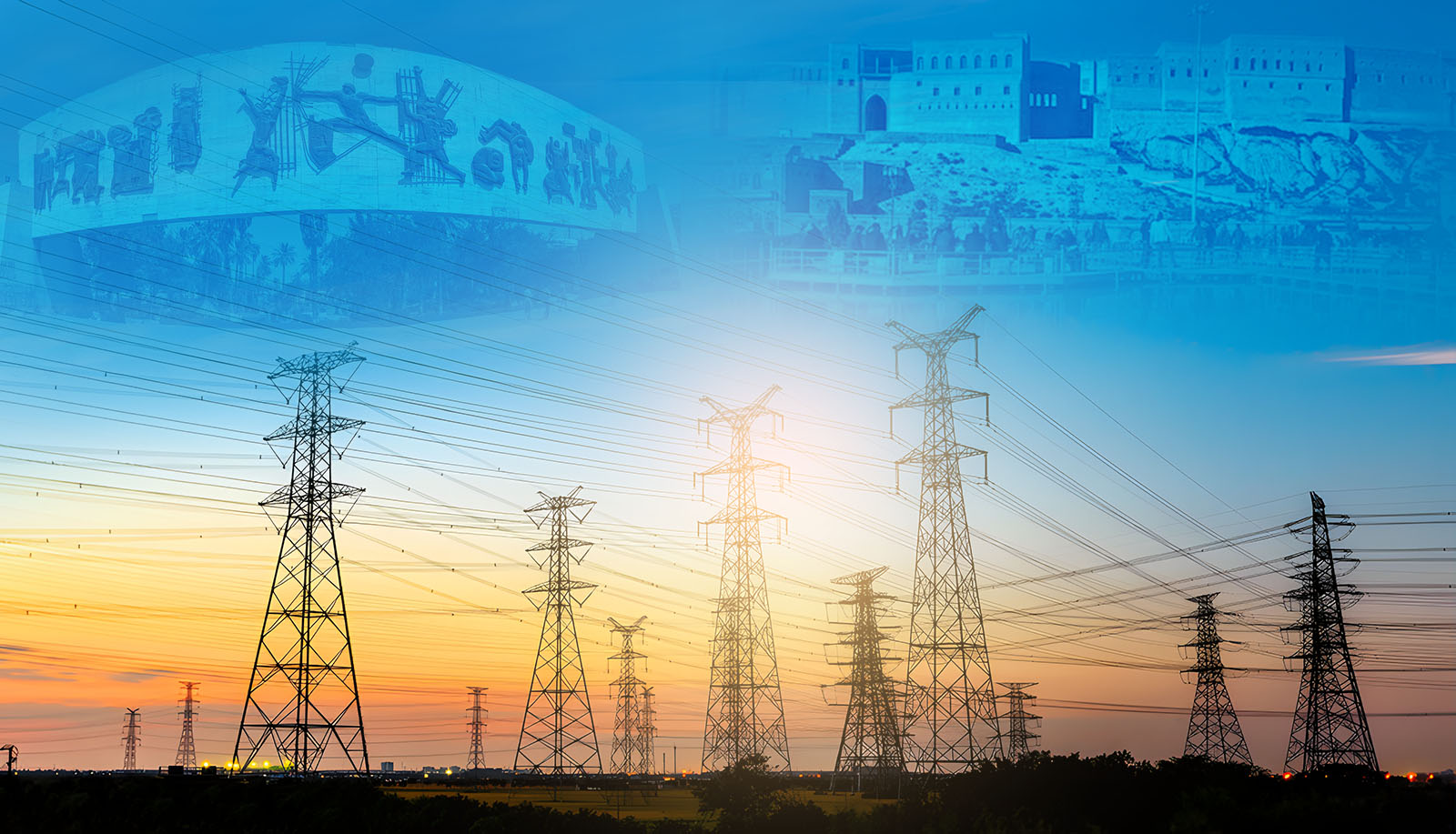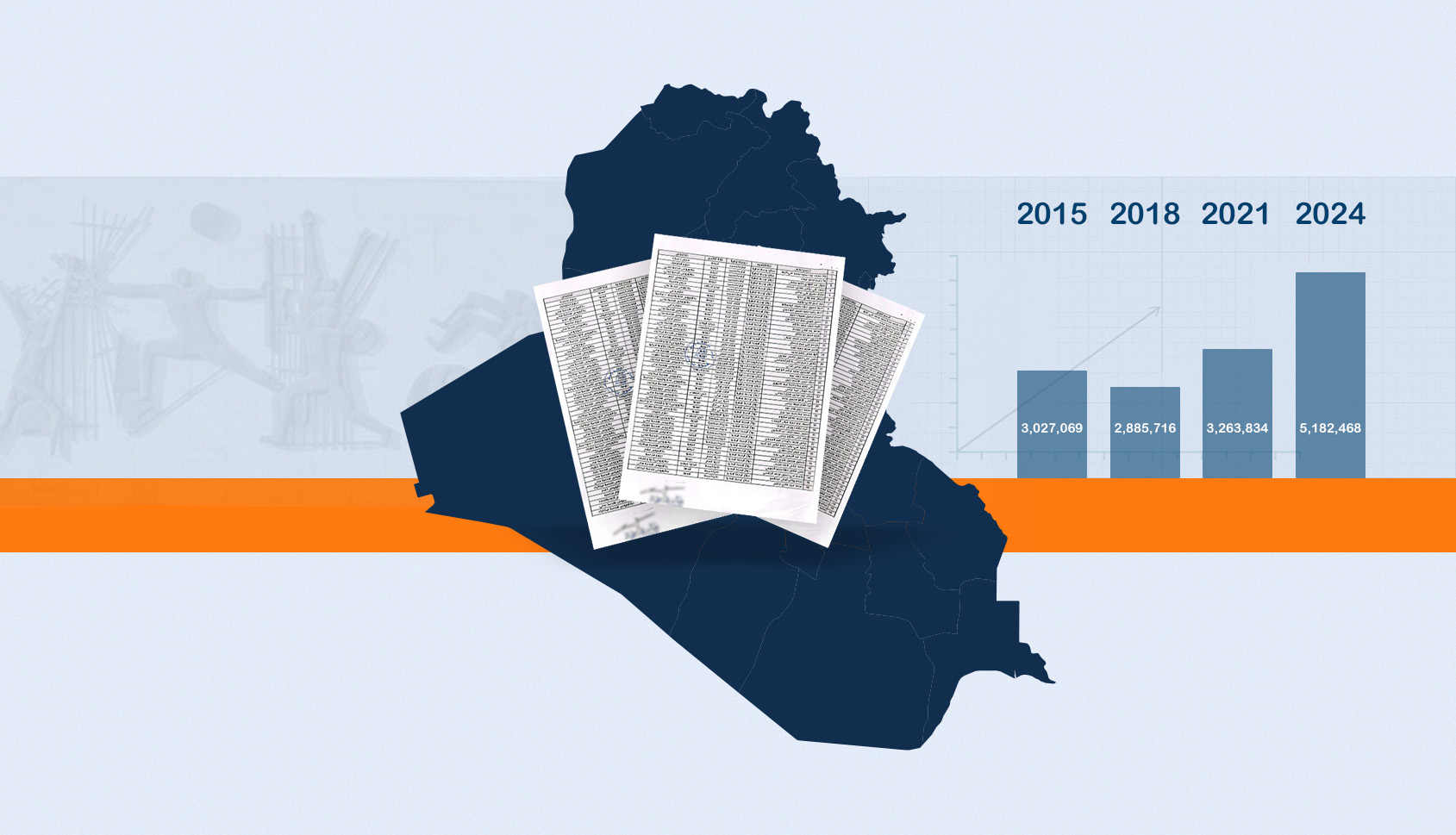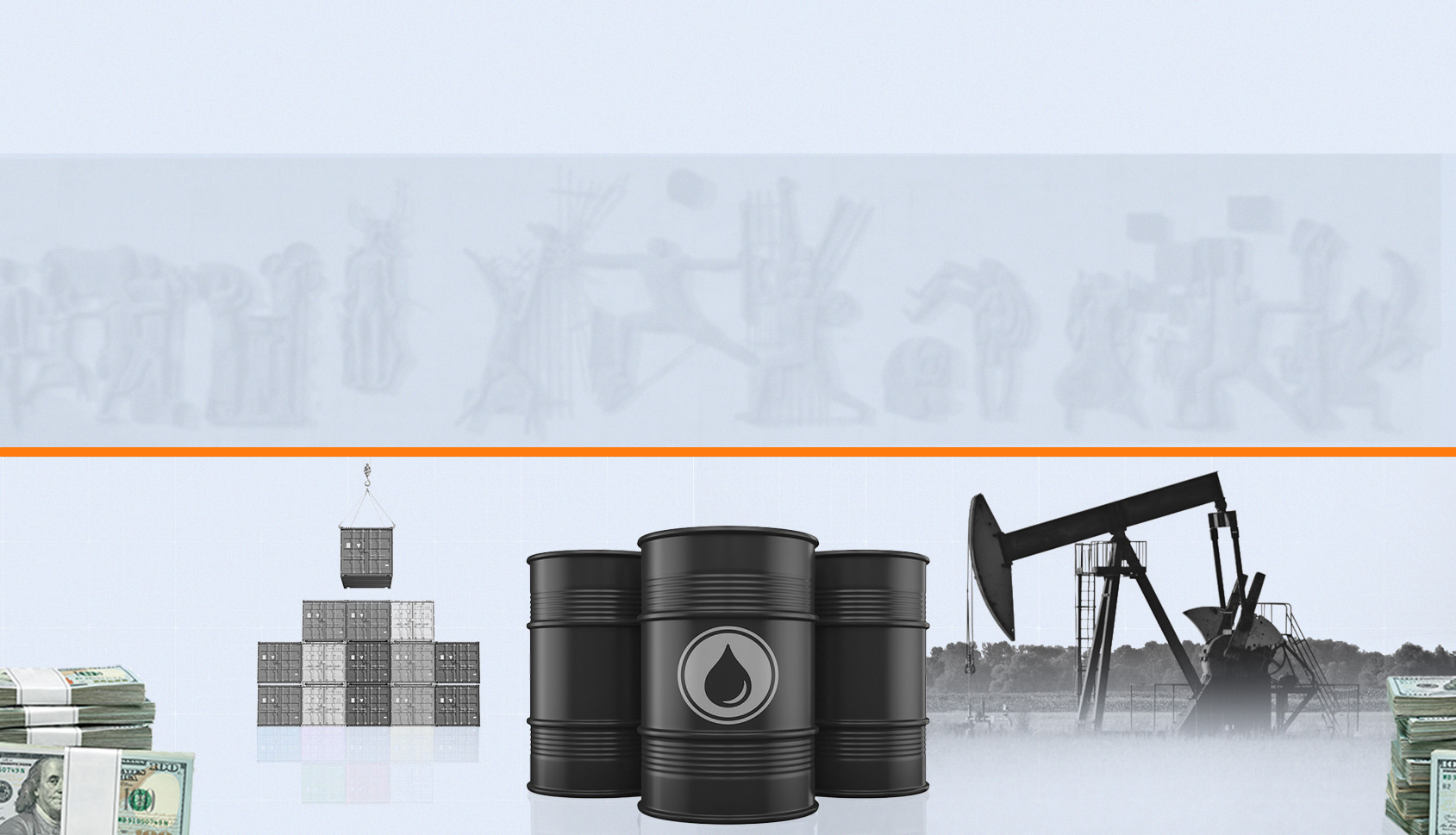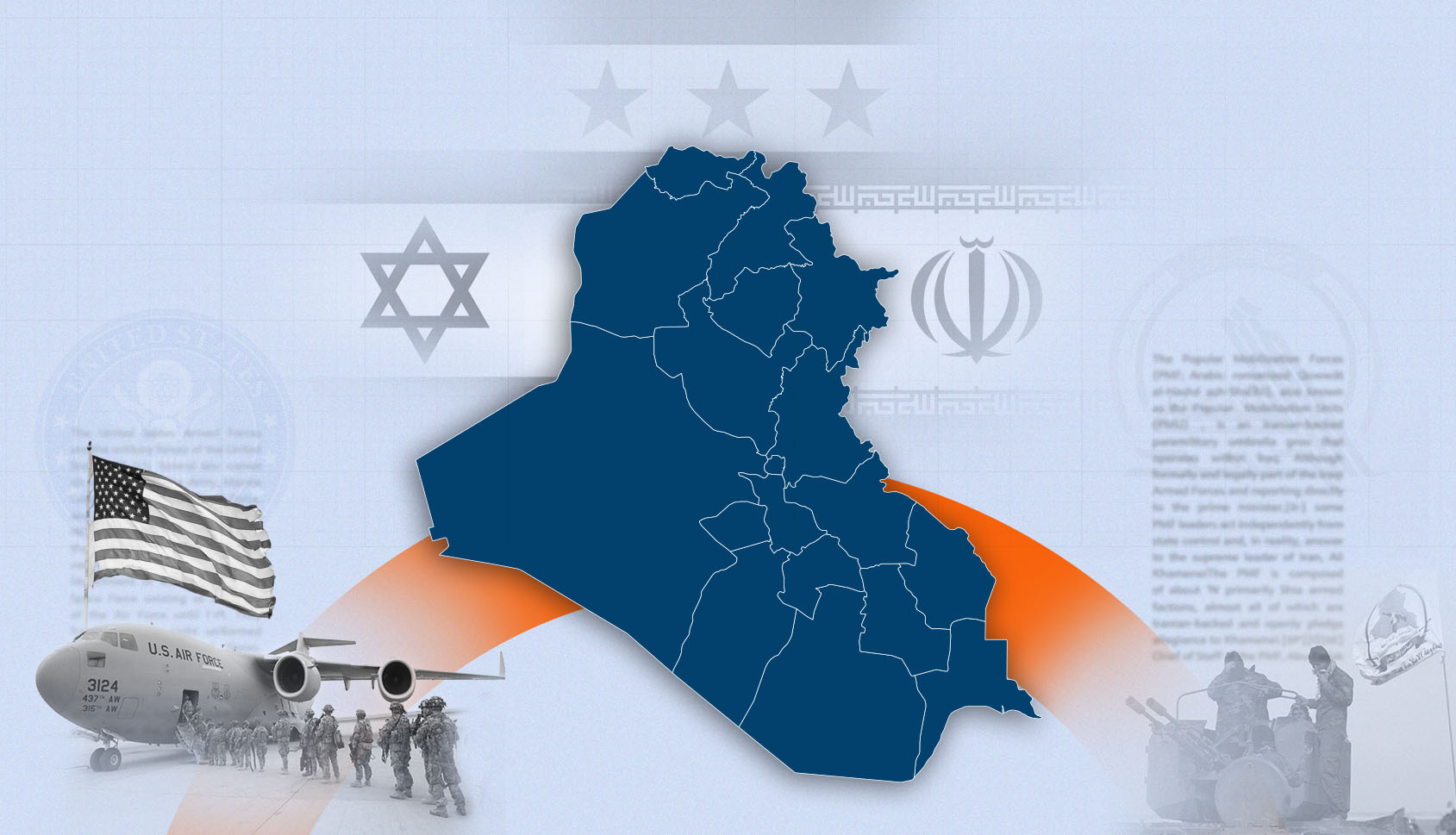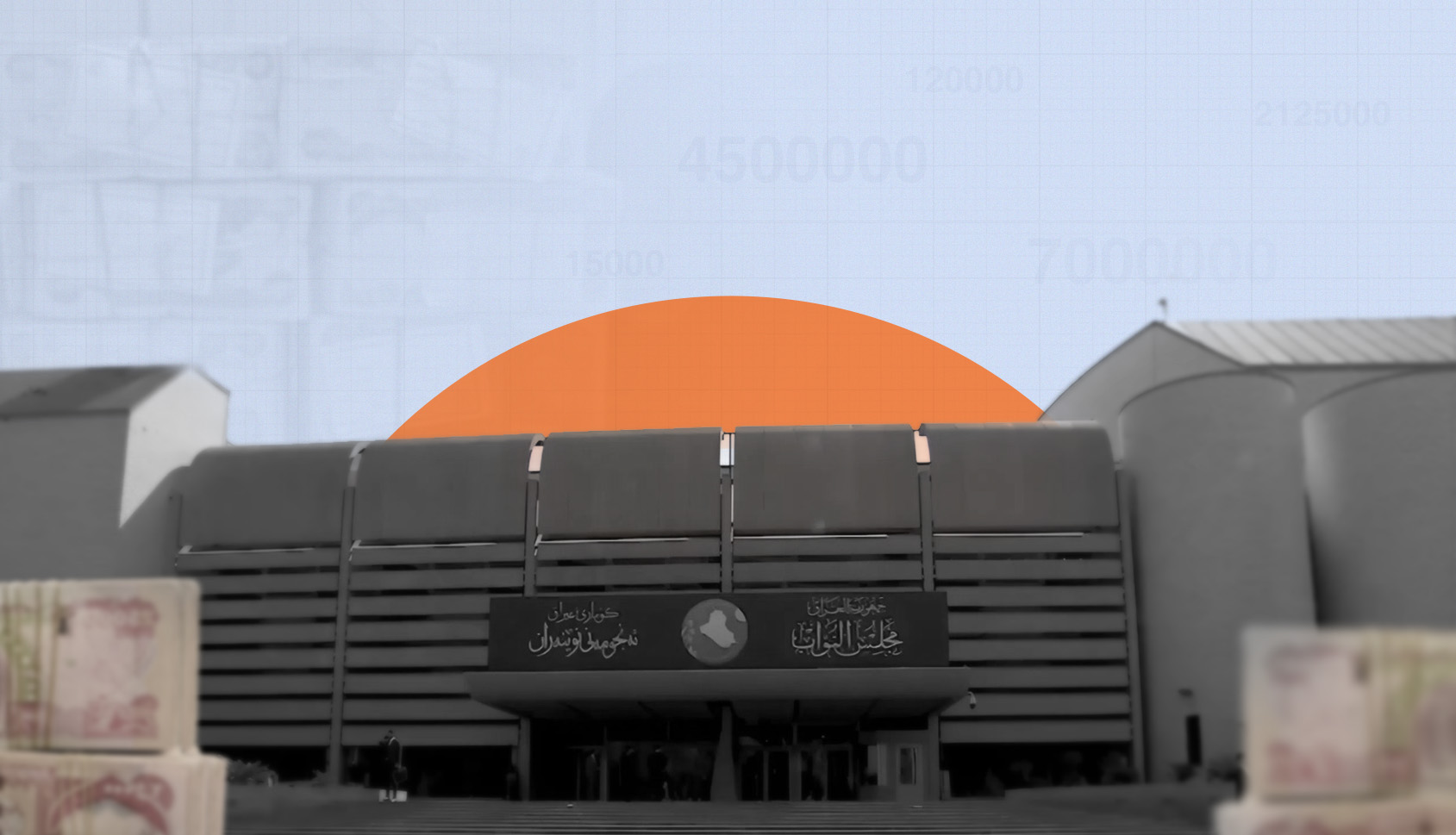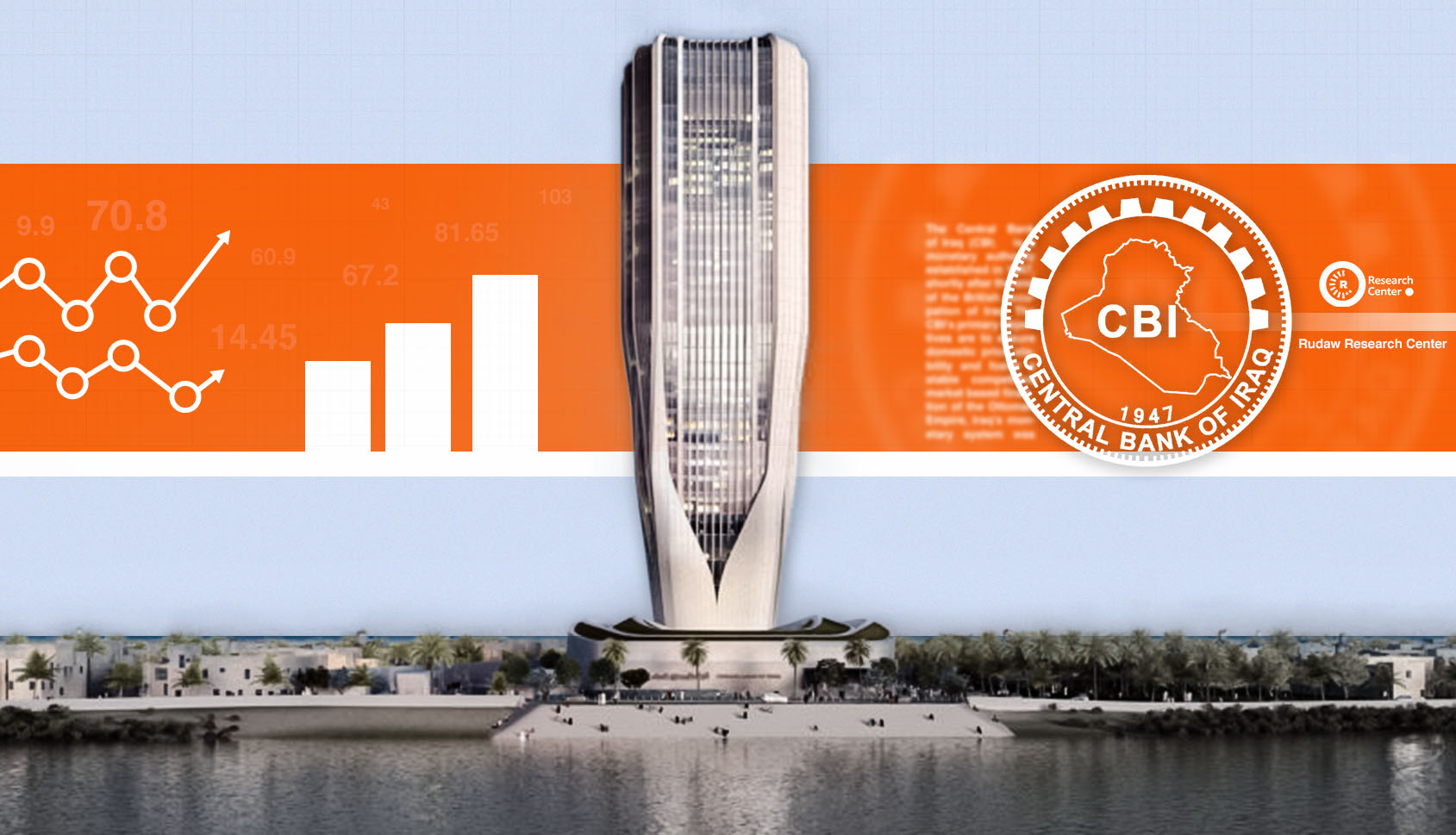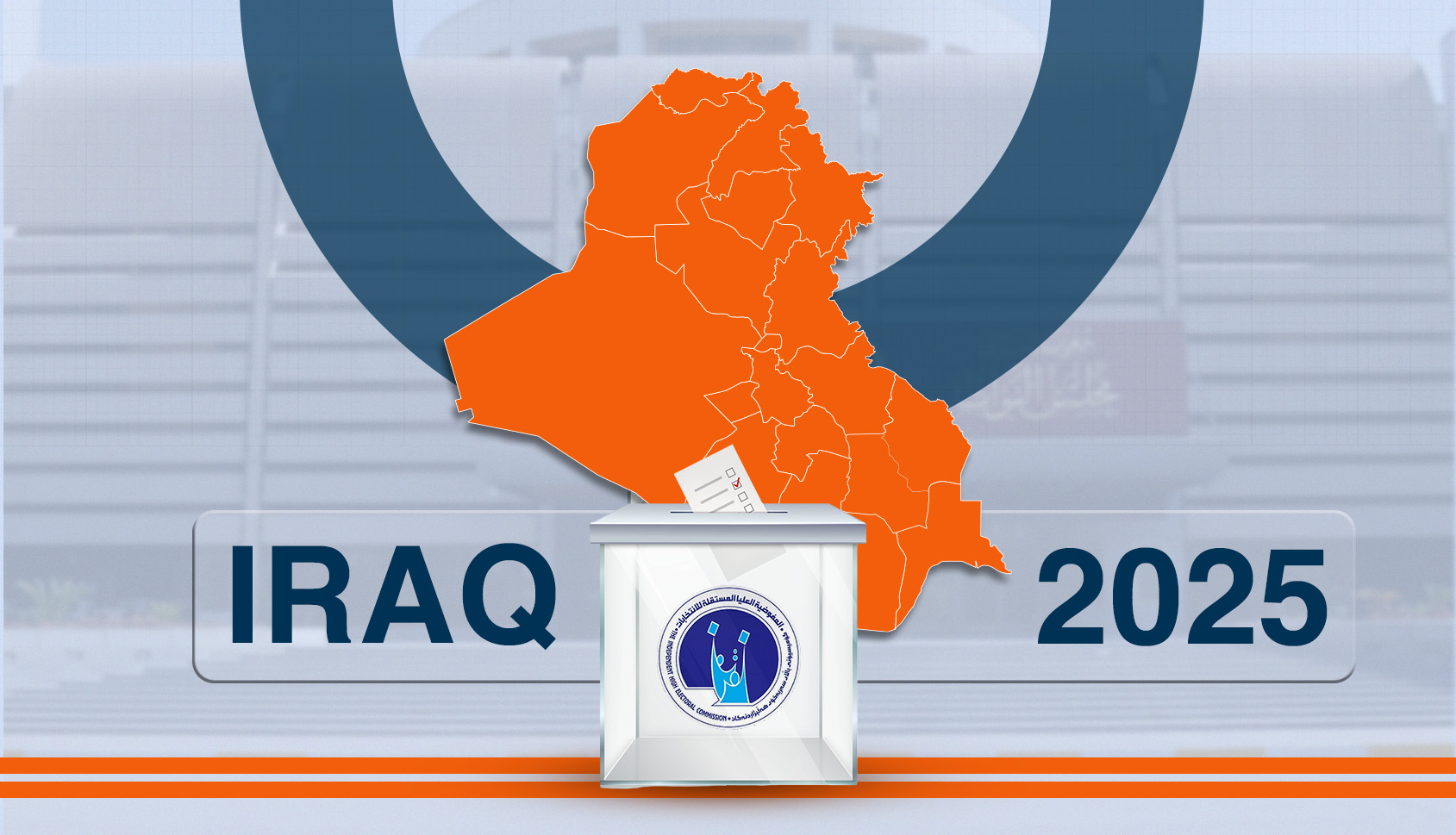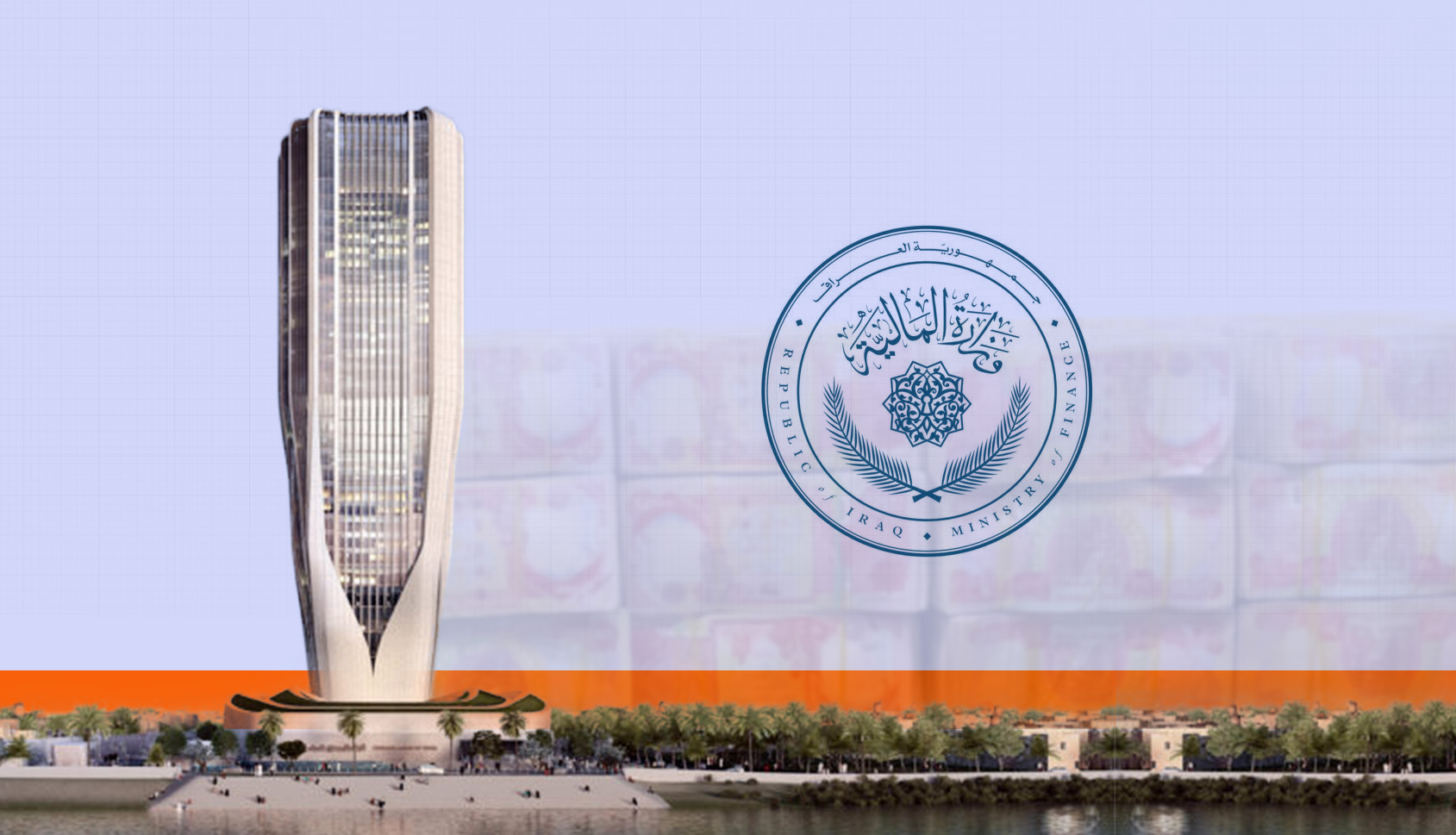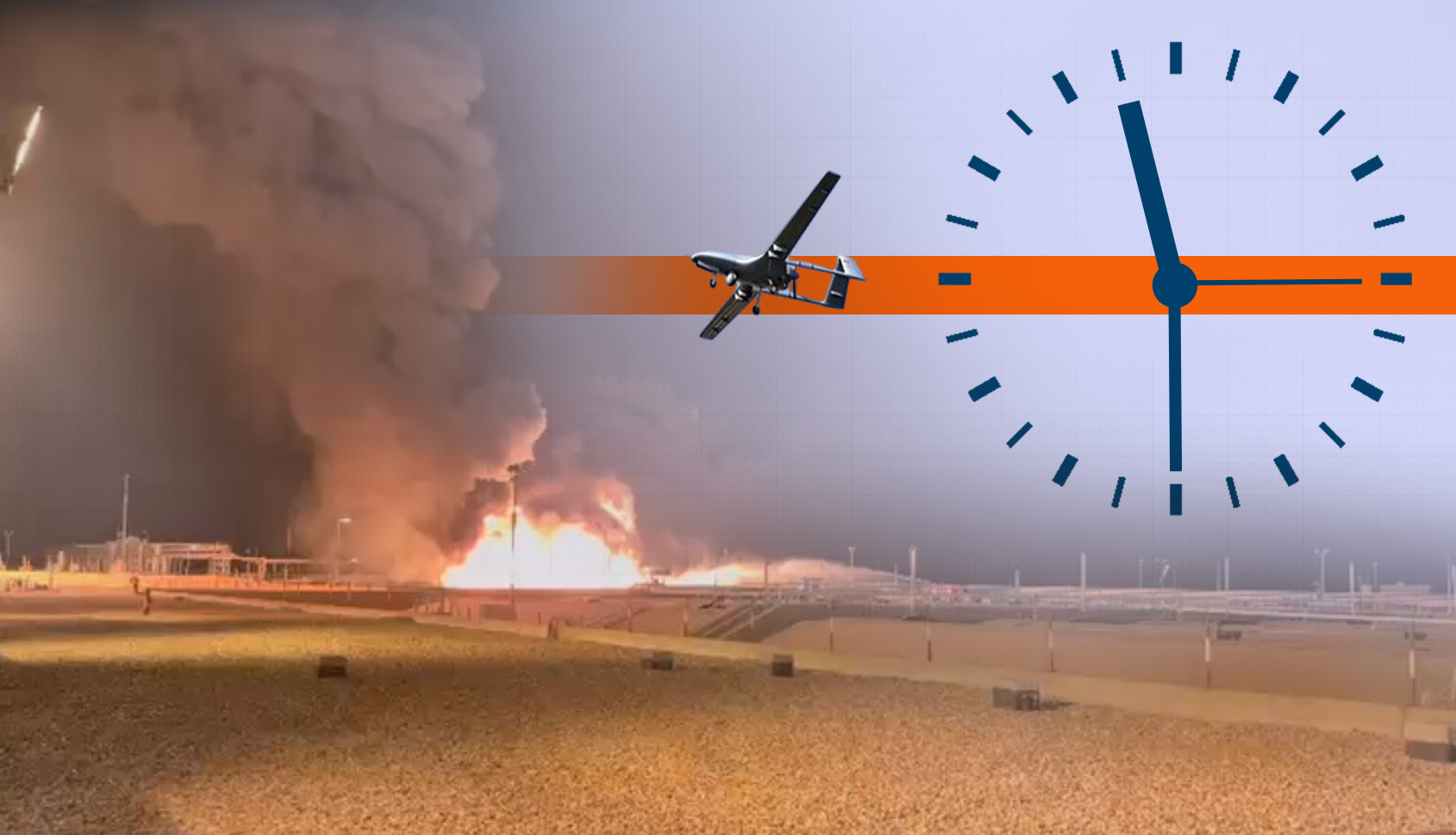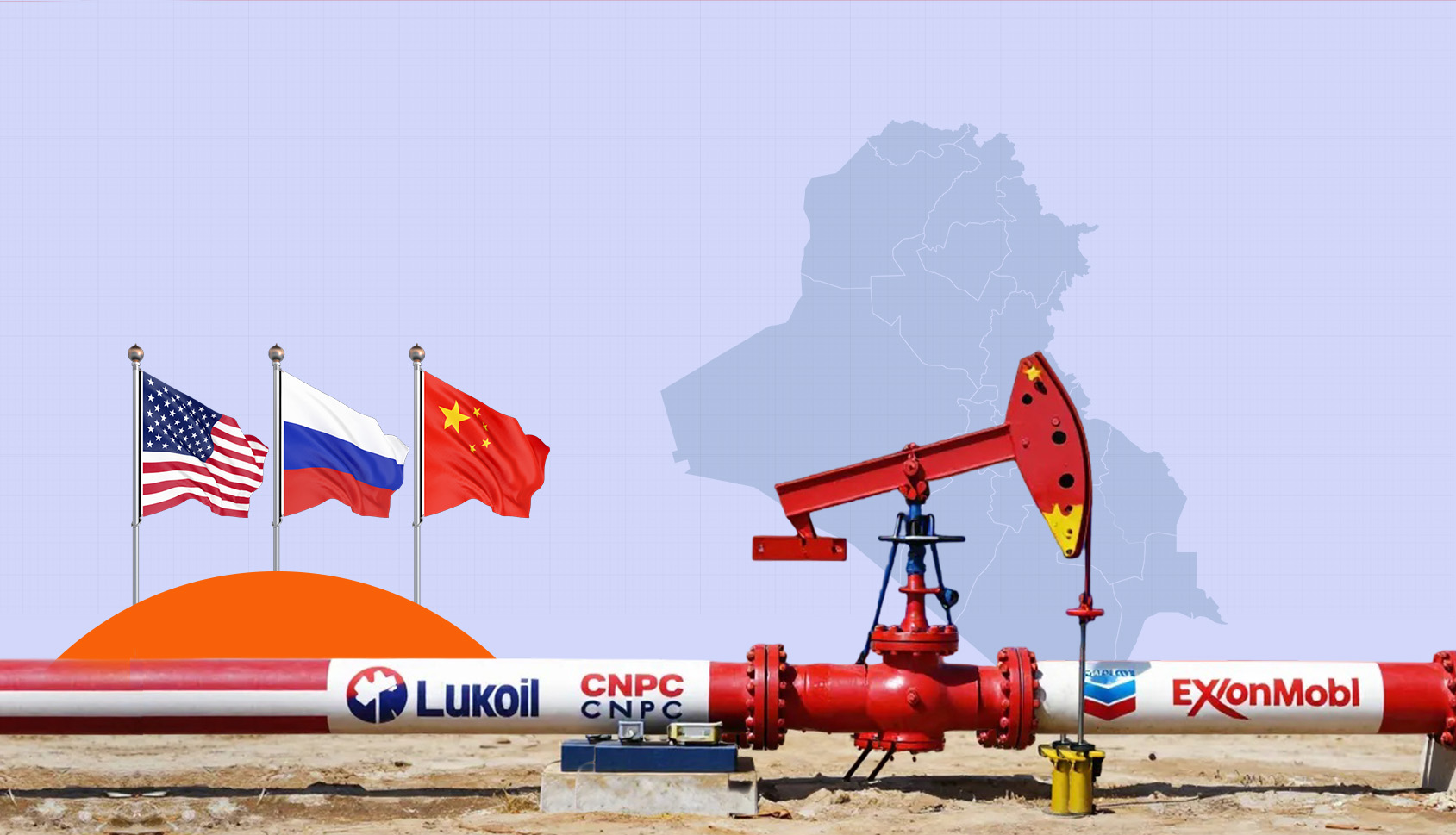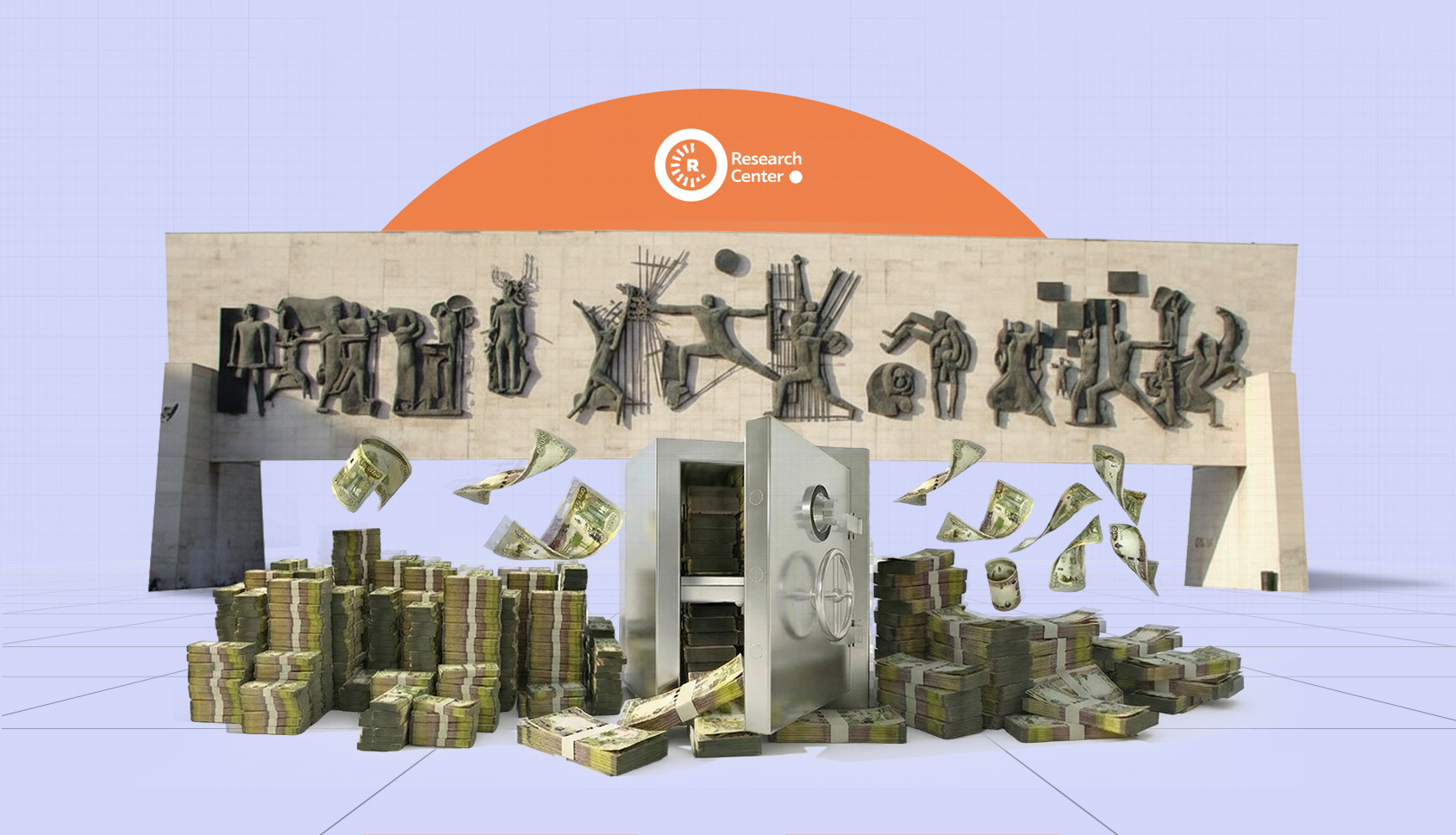On Wednesday, May 14, 2025, the Guardian Organization for Elections and the Rudaw Research Center organized a closed roundtable with several election experts and specialists. During the roundtable, three main topics were discussed: election laws and how amendments to the law benefit specific political parties, electoral alliances, and the techniques and procedures of the Iraqi Parliamentary Elections Commission, including how to conduct future elections.
The Washington and London Agreements: Future Prospects for Oil and Natural Gas Relations between Erbil and Baghdad

On May 19, 2025, the Ministry of Natural Resources of the Kurdistan Regional Government signed two contracts in Washington for the development of both the Miran and Kurdamir fields with HKN and Western Zagros. Four months before that date, Iraq's Ministry of Oil signed a memorandum of understanding in London for the development of four Kirkuk oil fields with British BP, and subsequently, on February 26 and March 26, 2025, all contracts were signed for BP to begin operations in Kirkuk.
A Decade of the Salary Crisis Between Iraq and the Kurdistan Region: Unveiling the Other Side of the Numbers

This crisis has once again deepened, and the rhetoric between Erbil and Baghdad has escalated into mutual accusations. These tensions will inevitably have consequences, both immediate and long-term—whether through the repetition of temporary solutions or the emergence of a new approach. However, a decision from the Federal Court alone cannot resolve this persistent crisis between Erbil and Baghdad, nor can the fate of these financial disputes be postponed until after the Iraqi parliamentary elections in November 2025. Instead, all financial issues must be addressed transparently, based on the numbers and data from Iraq’s Ministry of Finance. In this report, we present both the relevant figures and two fundamental options for resolving this ongoing dispute.
The Drying Up of Iraq and the Kurdistan Region: A Study of Domestic Challenges and Transboundary Water Control
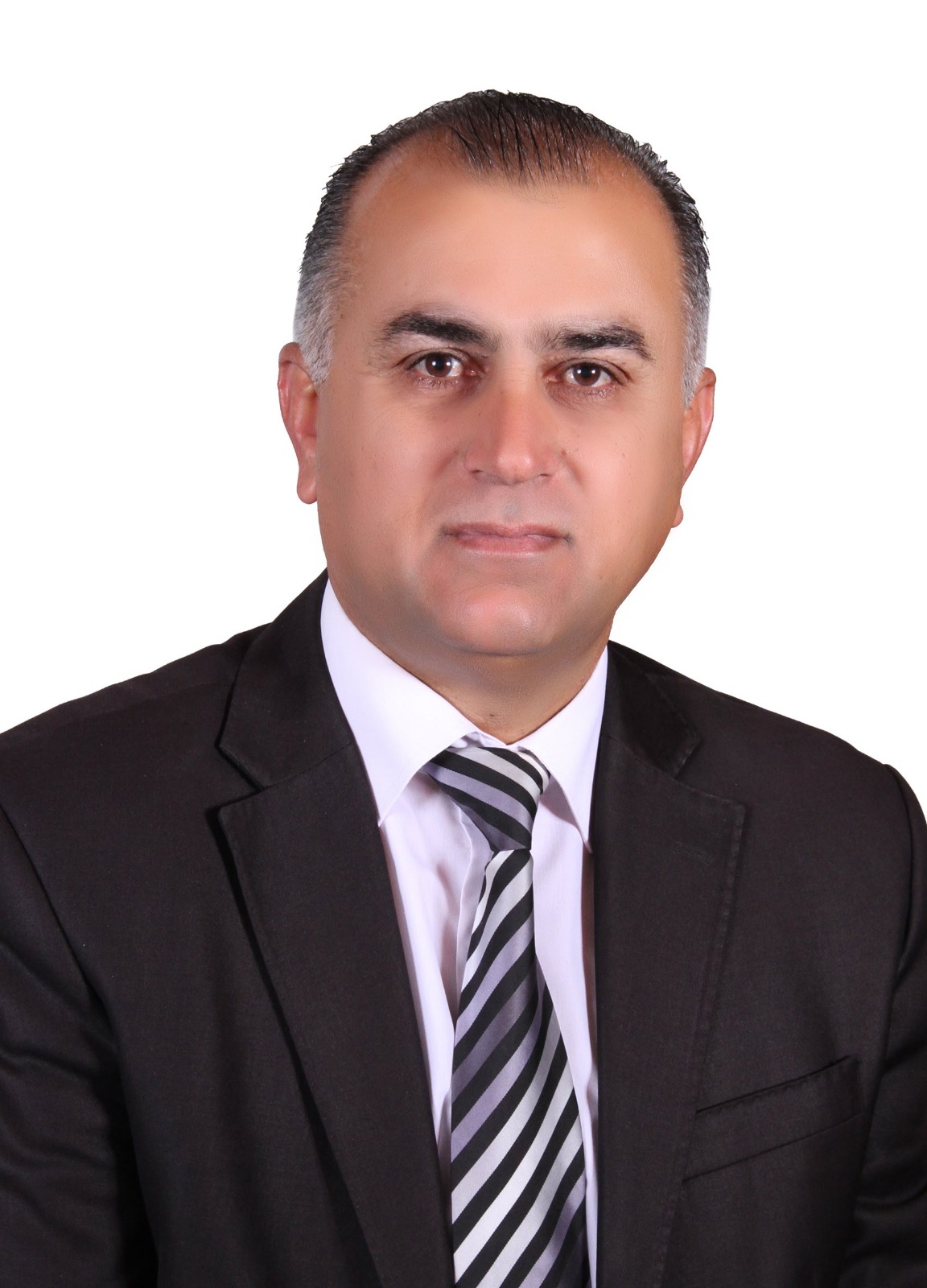
Iraq and the Kurdistan Region have faced a major crisis from both external and internal dimensions: the water scarcity crisis. At present, Iraq and the Kurdistan Region are confronting an unprecedented threat of drought in their history, particularly as the annual renewable water availability per individual is currently approximately 600 cubic meters and is expected to decrease by half or more in the coming decade.
The Drying Up of Iraq and the Kurdistan Region: A Study of Domestic Challenges and Transboundary Water Control

Iraq and the Kurdistan Region have faced a major crisis from both external and internal dimensions: the water scarcity crisis. At present, Iraq and the Kurdistan Region are confronting an unprecedented threat of drought in their history, particularly as the annual renewable water availability per individual is currently approximately 600 cubic meters and is expected to decrease by half or more in the coming decade.
While this may be a data entry error, we are talking about a report published after two to three months, and an error of one zero less or more means changing thousands to millions. After correcting the data, it was noted that there was an error in April 2025 data where the same figures from March 2025 were entered for revenues. In May 2025, everything was combined. What draws attention in the data correction is the decrease in revenues during these five months, whether oil or non-oil revenues.
Expansion of Iraq’s Public Sector: How Many New Civil Servants Were Appointed Last Year?

The number of civil servants appointed to Iraq’s public sector over the past year—whose salaries are paid by the Ministry of Finance—has exceeded one million. This figure comes in addition to the individuals added to the country’s social safety net during the same period.
From Oil to Inequality: Iraq’s Resource Allocation and Its Role in Economic Disparities and Import Dependence

According to the Global Inequality Dashboard, which compiles data from 110 countries worldwide, Iraq ranks among the most unequal nations in terms of income and wealth distribution. The top 1% of the population earns three times more than the 45%, highlighting deep structural imbalances. A key driver of this inequality is the public sector, particularly in the way salaries are allocated.
The November Elections and the Strategic Uncertainties Facing Iraq and the Kurdistan Region
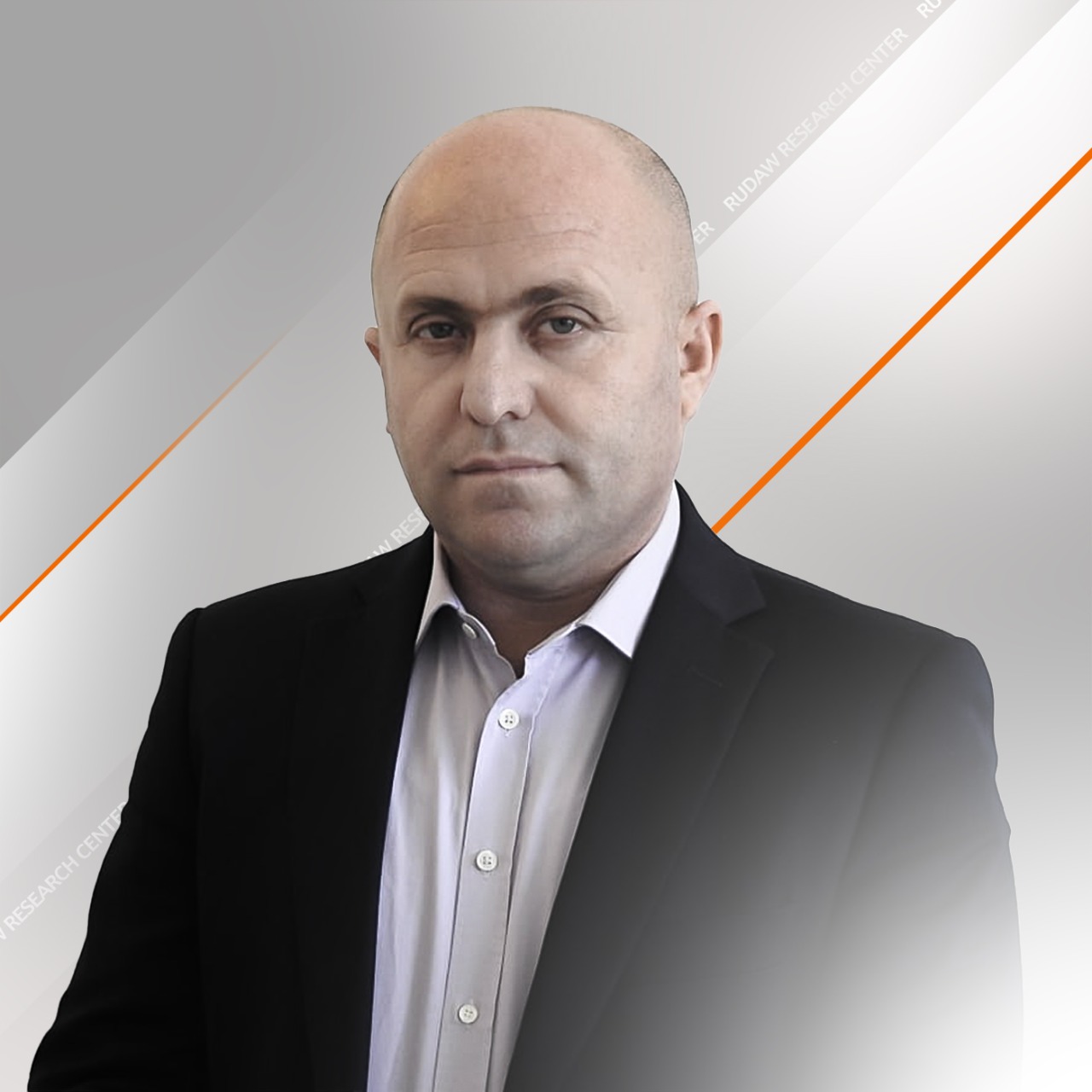
These days, a range of phrases are being made about the upcoming elections. Nouri al-Maliki has declared that abstaining from participation is akin to surrendering to “Satan”, while Hadi al-Amiri has described it as a “battle for survival.” Qais al-Khazali has warned of a “dangerous project for Iraq,” urging people to participate—directly opposing Muqtada al-Sadr’s call for a boycott. However, Mohammed Shia al-Sudani has adopted a different tone, appealing to voters to let him complete his “unfinished work.” Ultimately, these slogans all share the same goal: to draw people to the ballot boxes—one of the greatest challenges of this election. Yet that is not the only concern. The central question is Iraq is heading toward elections amid a state of strategic uncertainty.
On November 11, 2025, citizens of Iraq and the Kurdistan Region will head to the polls to elect members for the sixth parliamentary term. The annual cost of maintaining this parliament is approaching half a billion U.S. dollars.
This reassurance from the Central Bank and the Prime Minister of Iraq comes at a time when, a decade and a half ago, Iraq’s external debt stood at $60.9 billion, and its domestic debt was $9.9 billion. By June 31, 2025, however, domestic debt had risen to $67.2 billion, while external debt had declined to $14.45 billion. These shifts and reversals are noteworthy and highlight several important aspects of Iraq’s economy. The key question now is whether the issue of government debt has become part of the election campaign rhetoric or if it represents a genuine threat to the country’s financial and economic stability in the future.
Divided Victory in Iraq’s 2025 Election and an Uncertain Government Formation Process

Iraq’s contentious 2025 elections unfolded amid deep internal fractures—across ethnic, sectarian, and political lines—and within a broader regional environment marked by heightened geopolitical tension. The preliminary results of the political balance translate into a new configuration that may include the following
Kurdistan Region Salaries: The Real Source of the Dinar Shortage—Central Bank or Finance Ministry?

Recent discussions about a supposed shortage of dinars—affecting the November salaries in Iraq’s central and southern governorates and the September salaries in the Kurdistan Region—require clarification. The facts become clear when examining the figures from the Central Bank, the Ministry of Finance, and the Ministry of Oil.
Since the summer of 2022, the Khor MOR gas field has been hit nine times by drones or rockets. The most recent strike, carried out last night, appears to be the most significant yet, plunging parts of the Kurdistan Region into darkness. The persistence of these attacks over the past three years, despite shifts in tactics and delivery methods, suggests that the issue extends far beyond a localized dispute or an internal crisis within the Kurdistan Region. Rather, it points to a broader strategic calculus.
Taken together, these developments highlight the diversification of Iraq's investment environment and the country's opening to the world's largest energy companies. However, the case of the West Qurna-2 oil field reveals a major structural weakness in Iraq's energy sector: its vulnerability to shifts in the relationships among global powers. It raises a critical question: if, one day, the United States were to impose sanctions on China and its energy companies, how would Iraq continue to produce oil and finance the state, given that around 90 per cent of government revenue still comes from oil exports?
In his most recent interview with the Iraqi News Agency (INA), the Prime Minister of Iraq presented a set of new economic figures that carry significant implications for the country’s financial outlook. However, these figures diverge markedly from the data published in official reports issued by the Ministry of Finance, the Central Bank of Iraq, and various international institutions.
Iraq’s Economy, 2015–2025: How Did Public Expenditure Rise from 2.8 Trillion to 9.1 Trillion Dinars in a Single Month?

Data published by Iraq’s Ministry of Finance provides an official view of how the country’s economy has been managed over the past decade, with one defining feature standing out clearly: the sustained and rapid expansion of public expenditure. This report is the first installment of a three-part series examining Iraq’s economic trajectory, based on the Rudaw Research Center’s monthly revenue and public expenditure dashboard covering all state institutions from 2015 to 2025.
Iraq’s Operational and Investment Expenditures: Significant Disparities across Governorates

Iraq's Ministry of Finance monthly spending data reveal significant disparities across governorates that extend beyond the Kurdistan Region, affecting ministries, services and governorates nationwide. Operational and investment allocations vary widely from southern to central Iraq, while Kurdistan Region governorates and disputed areas such as Kirkuk received no funding from 2015 to 2025.

